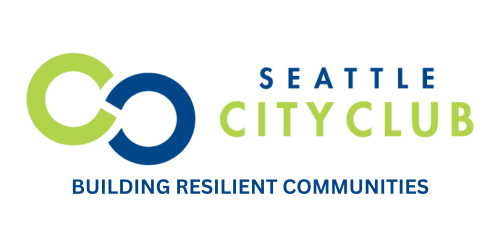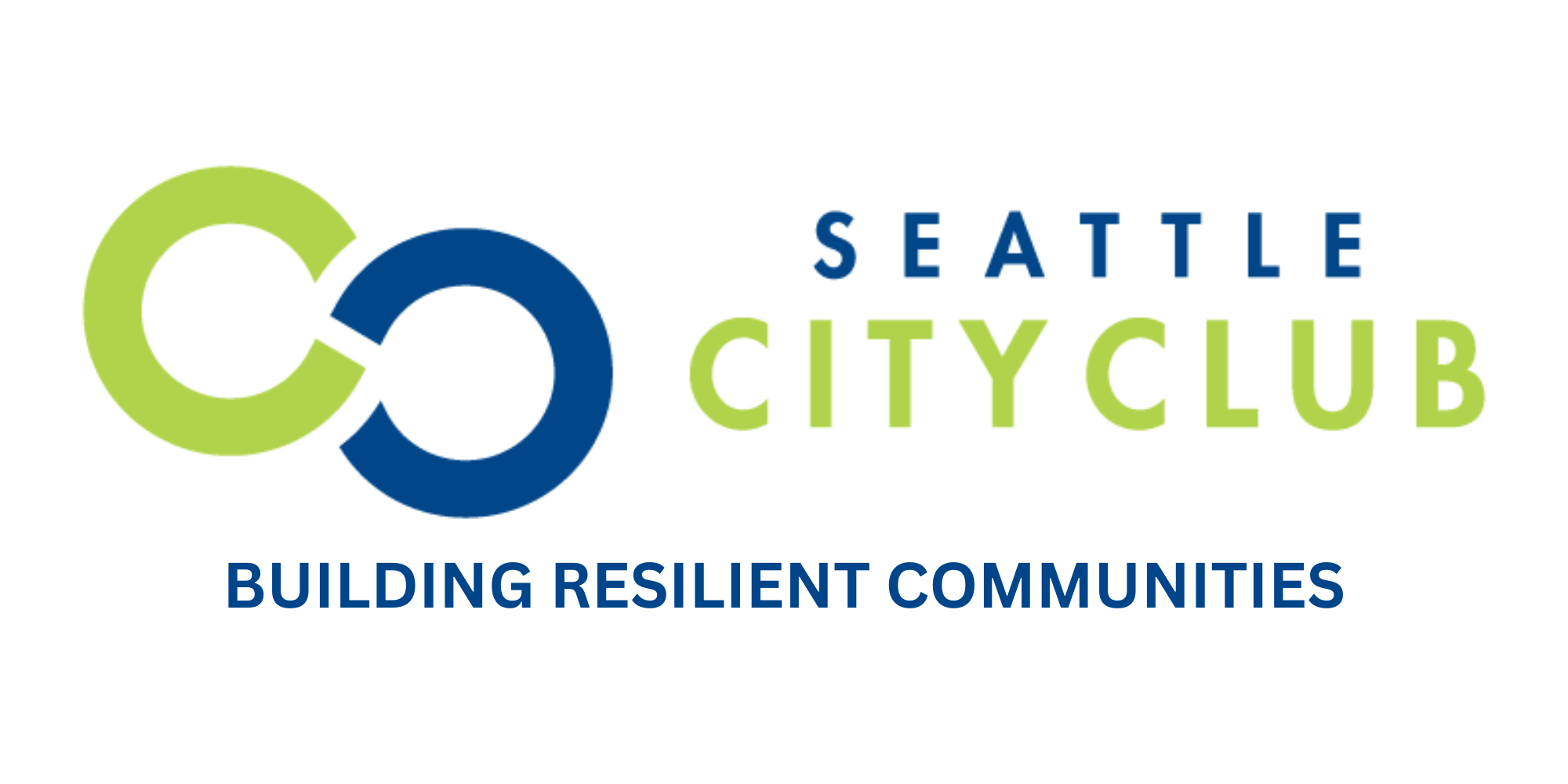Who was the first (or one of the first) family members to become a U.S. citizen?
All my grandparents were immigrants. They came to this country about 130 years ago from Russia and Lithuania.
What were their struggles? What were their successes?
On my father’s side, the path of coming to America involved loss of family and identity and the regaining of both through the story of their name.
Over a generation, small groups of the family passed through Ellis Island in New York. As they were asked their surname by immigration officers, some used the family name “Dlugash” (which was anglicized to “Douglas”) and some used their Jewish tribal connection “Kohen,” which was taken for a surname and anglicized to “Cohen.”
Because they then had two different surnames in America and lived in different states (with no cell phones and no internet searches), it took years to find each other and reunite as a family. So a decade after becoming citizens, they used the American court system to change their names—in my father’s case from David Cohen to David Douglas—so that all the family could recover a shared name.
For my maternal grandmother, coming to America meant separating herself from the rest of her immediate family. At 16, she came alone to cousins whom she had never met. Among the group who claimed her when she disembarked in Baltimore, Maryland was my grandfather, her first cousin 10 years older, who had come to the United States several years before. They married one year later.
When they became engaged, they didn’t exchange rings; they exchanged gold watches. I imagine the watches as a pledge of something solid, something useful, something that symbolized security and regularity at a time of so much instability and change.
What is one way Seattleites can help new citizens feel welcome?
The reasons and ways we emigrate involve journeys of risk and transformation. But so does the preservation of our American democracy. It requires vigilance and ongoing redress and advocacy every day. It requires all of us working together so that the United States can always be a place of possibility, renewal and re-invention.

